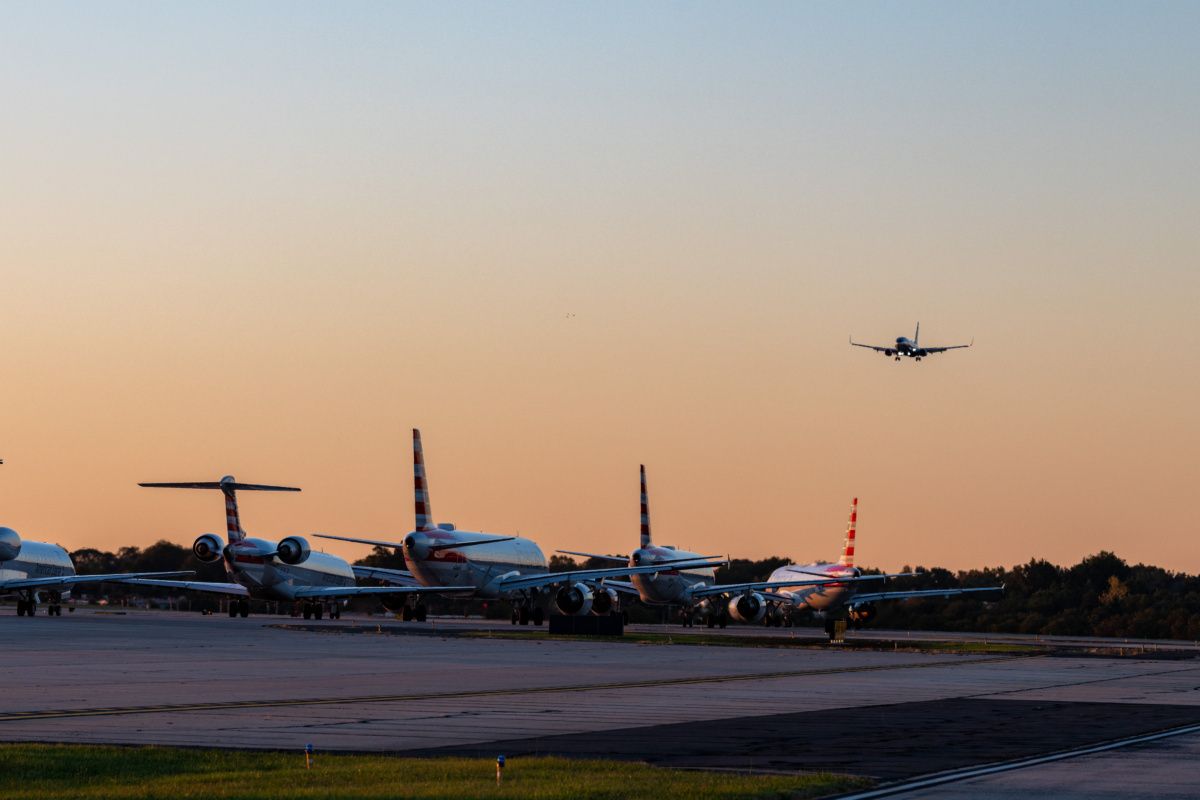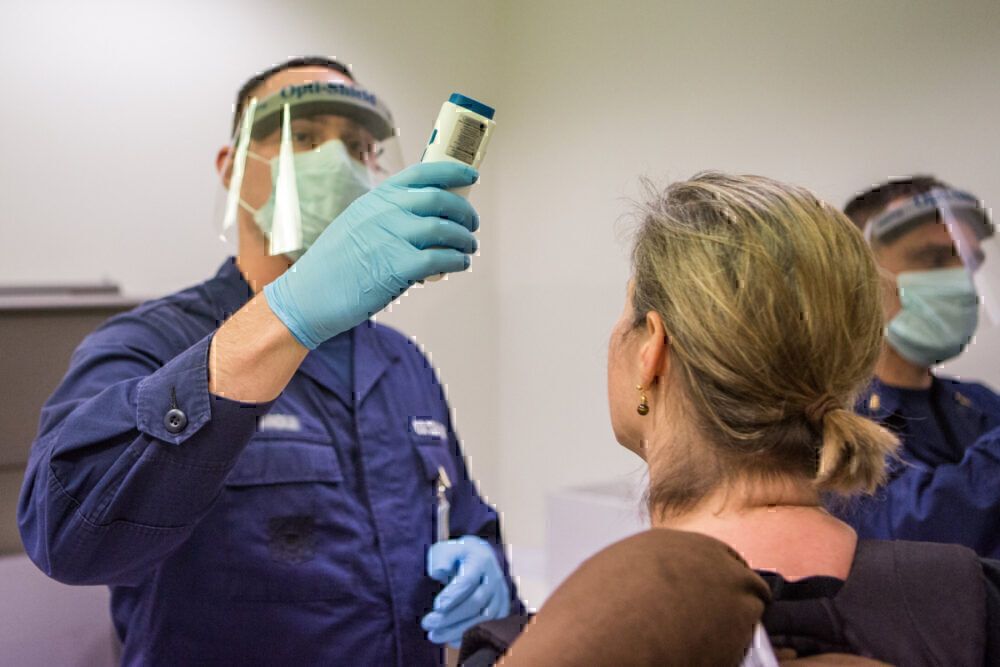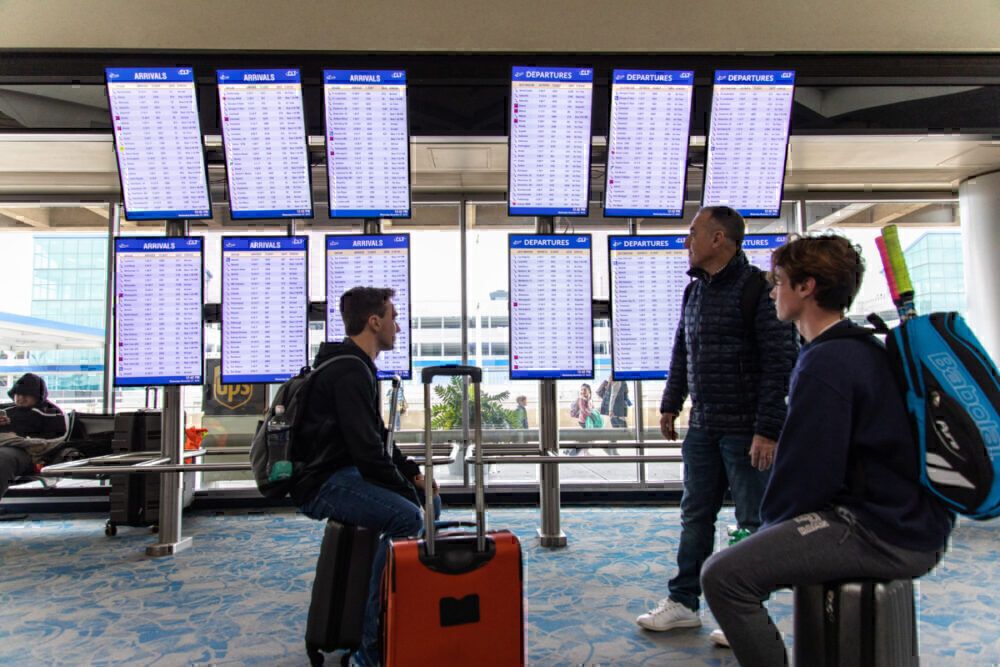The United States will stop screening international arrivals for COVID-19 from next week. Multiple media outlets are reporting the news. Screening at international arrival points for COVID-19 has occurred since early 2020. But it will end just after midnight on Monday, September 14.
While the United States Government is still to confirm the decision, Yahoo News is reporting that various United States government agencies and their contractors are busy preparing for Monday.
Stay informed: Sign up for our daily aviation news digest.
Screening picking up too few passengers with COVID
To date, inbound arrivals from hot zone countries have been funneled into 15 airports across the United States, including Dallas Fort Worth, Chicago, Boston, Seattle, and San Francisco. COVID-19 screening, which consisted of a temperature check and the recording of health and contact information, was mostly done by American Medical Response, a private Texas-based healthcare provider.
United States government agencies involved include the CDC, DHS, and Customs and Border Protection. A TSA official told CNN that airport screening was ending because hardly any passengers were raising flags. The screening targeted travelers coming in from China, the United Kingdom, Brazil, Iran, and the Schengen region of Europe.
Since the screening policy came into force, 675,000 arriving passengers have undergone screening. The screening detected just 15 COVID-19 cases.
CDC says screening takes up considerable resources
There is a suggestion that the United States Government is acting on advice from the CDC. According to Reuters, the CDC has drafted a plan that says the agency is;
“... shifting its strategy and prioritizing other public health measures to reduce the risk of travel-related disease transmission.
"The current entry strategy for international arrivals only covers a small portion of the traveling public, requires significant resources and is not sustainable as travel volumes increase,”
While there is some support for the United States Government discontinuing airport screening, there is also criticism that the existing screening was relatively inefficient. Conde Nast Traveller reported last month that not every airport in the United States was screening passengers properly. That report also argues the screening process was too narrow and too slow to get off the ground.
"It has been seven months since the U.S. had its first known case of COVID-19, and travelers continue to report the country’s screening procedures pale in comparison to nations abroad."
Screening differences across different countries
A regular traveler quoted in the Conde Nast report criticized the United States for relying on an honor system when it came to declaring health information on arrival.
“In Amsterdam, they interrogate you,” that traveler said. “They ask where you have been and look up how bad the outbreak is in your area. They took our temperatures and asked if we knew anyone with COVID-19. In the United States, no one asks if you’ve been around anybody with COVID.”
Over the summer, there have been continuing talks between the airlines, government agencies, and health officials regarding a uniform COVID-19 screening process at all airports across the United States. That screening would have targeted all inbound passengers, not just passengers from designated high-risk zones.
Instead of stepping up screening, the United States Government is going in the opposite direction. Scaling down runs counter to what most other countries are doing. It is a high-risk play by the United States. It may turn out to be eminently sensible, or it may not.



